Think of the Maldives and you’re likely to conjure up images of expensive honeymoons and golden beaches, but the archipelago is also the focus of an extraordinary spat with India. The Maldives’ high commissioner was summoned by the Indian government last week after three Maldivian deputy ministers published derogatory posts on X/ Twitter, labelling Indian prime minister Narendra Modi a ‘terrorist’, ‘clown’ and ‘puppet of Israel’.
Already a subscriber? Log in
Subscribe for just $2 a week
Try a month of The Spectator Australia absolutely free and without commitment. Not only that but – if you choose to continue – you’ll pay just $2 a week for your first year.
- Unlimited access to spectator.com.au and app
- The weekly edition on the Spectator Australia app
- Spectator podcasts and newsletters
- Full access to spectator.co.uk
Or

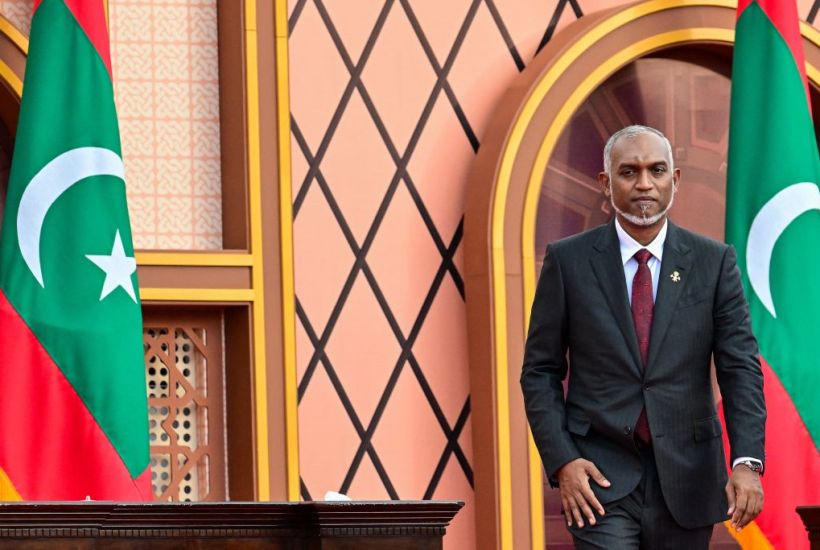

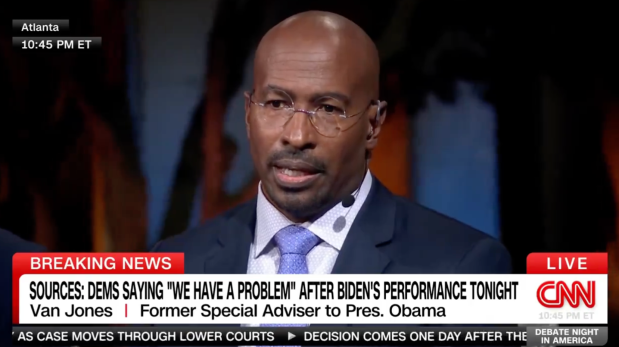
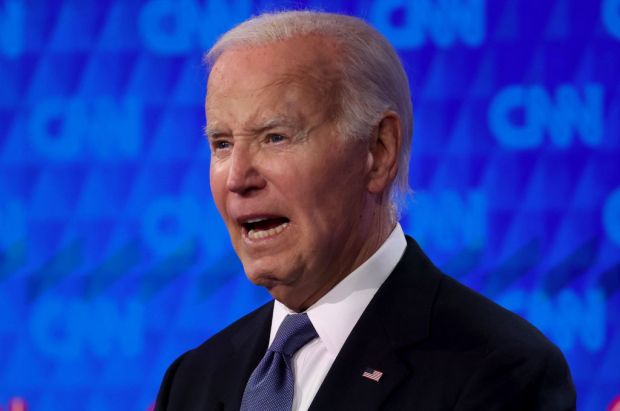
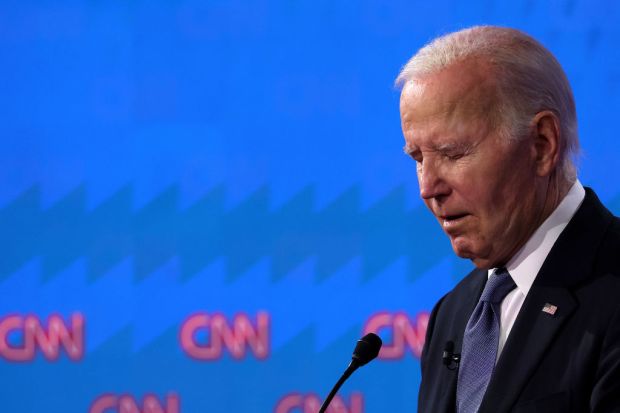
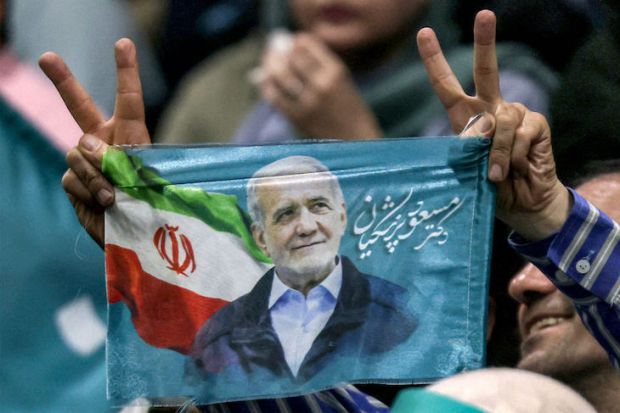
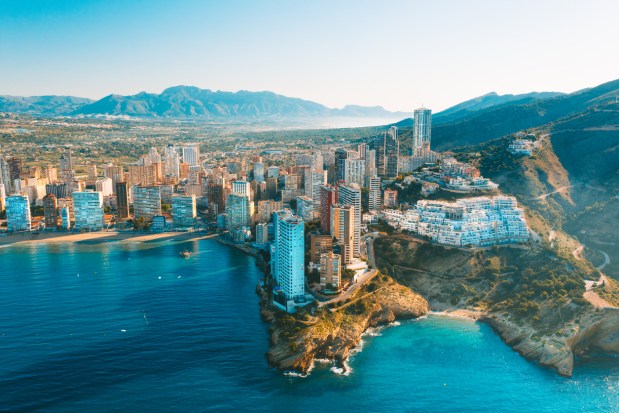












Comments
Don't miss out
Join the conversation with other Spectator Australia readers. Subscribe to leave a comment.
SUBSCRIBEAlready a subscriber? Log in